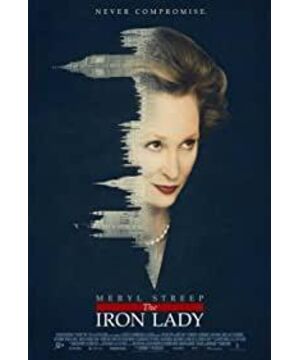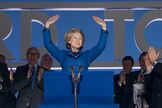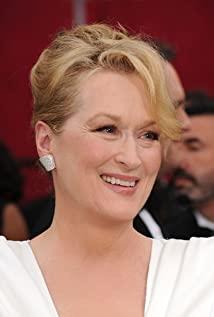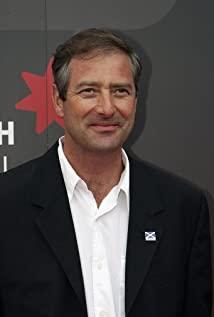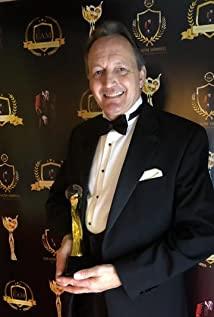"The Iron Lady" tells everything about Margaret Thatcher, a woman who looks inconspicuous, even a little silly and has a big tongue. It is with her tough methods that she brings a new political ideal to the United Kingdom. The use of force to suppress the workers' riots during the economic depression may seem barbaric, but when she "looks back on the past", she has to admit that she has a long-term political vision and keen insight.
Margaret Thatcher was a very controversial figure in Britain. While she brought a new atmosphere to the British economy, she also had a great impact on British traditions and concepts. Therefore, those who loved her loved her. Deeply, those who hated her hated her to the core. It's a tough time for a woman, especially a woman involved in politics.
In this film, the director magnified many details of Mrs. Thatcher's male discrimination on the road to politics, and even the resulting obstacles to the realization of her political ideals. These are echoed by Mrs Thatcher's increasingly assertive approach and tone, and her unwavering philosophy of personal struggle and national concern. Although these ideas may seem extreme, it is precisely such ideas that force the British people to face up to their living environment and national interests.
This biopic, directed by an Englishman and played by an American, has a strong English temperament, and even in Aunt May's lines, there is a eloquent British accent, making it more pure in British style. Not only that, from the arrangement of the scenes, the costumes of the characters to the basic tones of the whole work, there is a strong nostalgic style, which restores the characteristics of the era when Mrs Thatcher was in power as much as possible.
Aunt May's performance in this film is undoubtedly excellent. For a woman, such an honor as the first female prime minister of the United Kingdom is finally obtained with great sacrifice. She has a mixed reputation, and no one can really read her mind, except her husband. This level of interpretation eases the film's overly edgy concept of feminism. Aunt Mei handles this part with both rigidity and softness, and she has done her homework as a female politician.
The director also paid a lot of attention to the brilliance of Aunt Mei, and was very meticulous in the setting of the plot. For example: Mrs Thatcher decided to retake the Falkland Islands. The integrity of her speech and her grief for the victims showed Thatcher's reason and emotion from different angles. Just a few minutes of the plot, three-dimensional outline of the complete image of Mrs Thatcher. Such details require a serious attitude to achieve, and the director has indeed done it.
Interestingly, almost all of the female politicians in the UK have reached the top with blood. In order to consolidate the regime and implement policies, they have adopted many tough and extreme measures. Margaret Thatcher was no exception, refusing to give in to her opponents even when she was almost crushed to death, causing tension in Britain for 11 years.
Of course, under her "centralized" rule, the UK's economic development trend has improved, and people's lives have been improved to a certain extent, but people still can't accept that a woman can be so cruel. Her bleak old age ended in sadness. The director ended with her husband's separation and a new life alone, which happened to prove the director's love for this outstanding political woman.
As a biopic, it is not qualified with a strong personal subjective color, and it is not appropriate to use the stories of women in a period to express one's own thoughts, even if it fits the prototype. Therefore, this film is not so much a biopic as it is an inspirational work about women, and it is also an inspirational work with a feminist political outlook.
View more about The Iron Lady reviews


